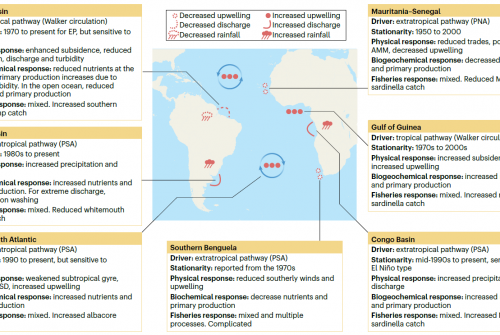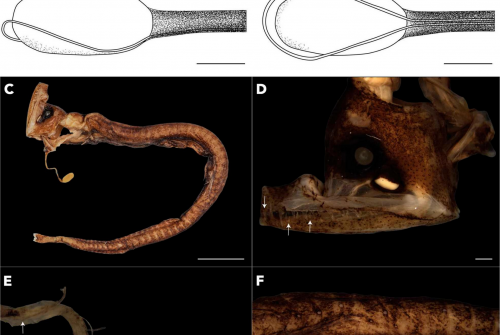
Protected areas play a crucial role in current global policies to mitigate the erosion of biodiversity and systematic reserve site selection models are increasingly involved in their design. These models address the optimisation problem that seeks to cover spaces hosting biodiversity features with nature reserves at a minimum cost for human activities. To increase the likelihood of a successful implementation, reserves need to be spatially consistent. Widely used decision support tools such as Marxan and PrioritizR commonly enforce compactness indirectly by penalising the reserve perimeter in the objective function. Few other optimisation models explicitly consider spatial properties such as limited fragmentation, connectivity of selected sites, and buffer zones around them, etc. So far, no reserve site selection model can guarantee the production of a connected, compact, and gap-free reserve all at once. The impossibility of designing reserve solutions with desirable spatial properties using existing models makes it difficult to implement such solutions in the real world. Therefore, we propose a mixed-integer linear program to build a reserve that is connected, compact, and gap-free. To enforce these spatial attributes within a reserve site selection model, we used a multicommodity flow approach. We tested the computational feasibility of our model on generated instances and the real instance of Fernando de Noronha. The results indicate that a single model can be used to enforce compactness, connectivity, and the absence of gaps. Using this optimisation model, conservation practitioners can design reserve solutions with desirable spatial properties, thereby increasing the likelihood of a successful implementation.
DOI: 10.1016/j.apm.2024.06.001
Reference
Brunel, A., Omer, J., Gicquel, A., & Lanco, S. (2024). Designing compact, connected and gap-free reserves with systematic reserve site selection models. Applied Mathematical Modelling, 134: 307-323.







